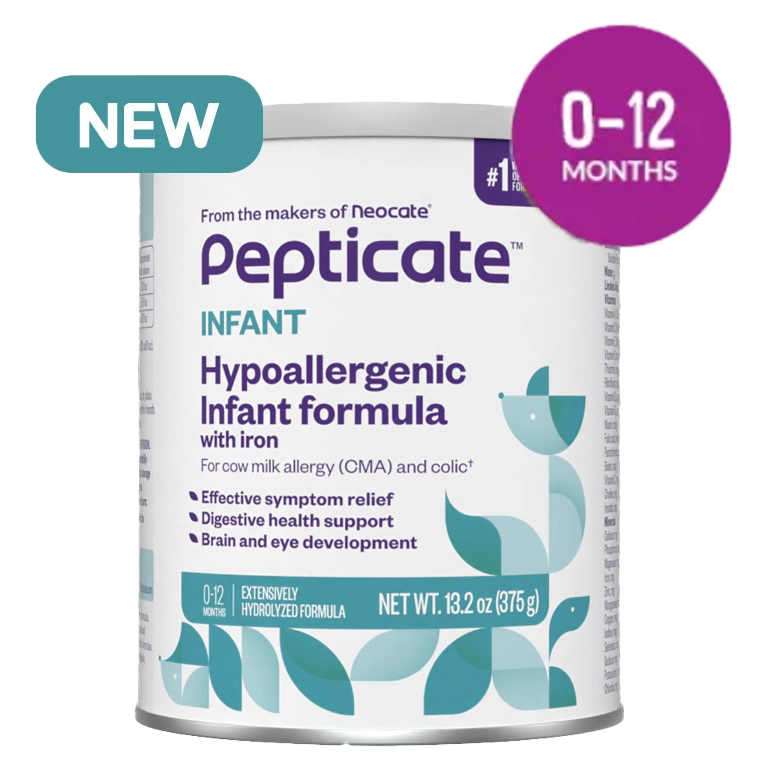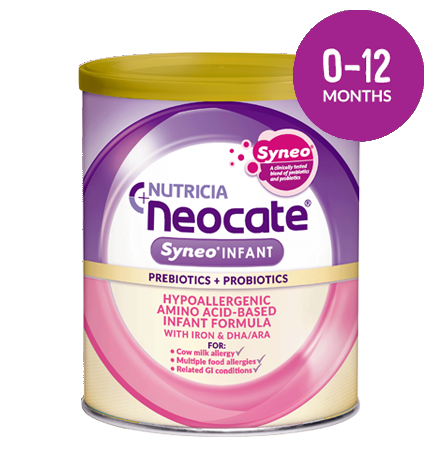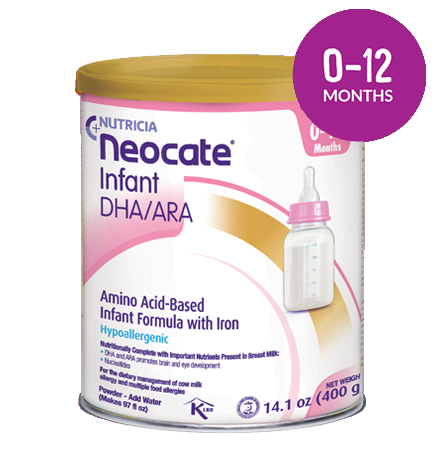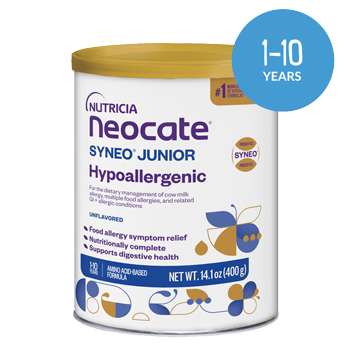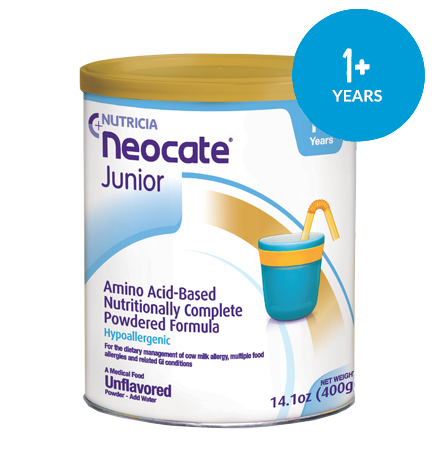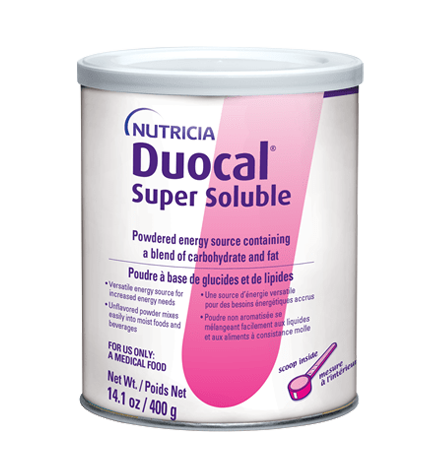 Theories About Cow Milk Allergy Causes
Theories About Cow Milk Allergy Causes
There are plenty of theories about what causes cow milk allergy. Possible factors include microbes, cleanliness, where we live, plastics, hormones, genetics and more. Researchers are still trying to answer the question: what causes one baby to be allergic to milk but another to tolerate milk normally? And can we predict which babies will become allergic?
Two main types of milk protein can cause allergic reactions: casein and whey. Casein is found in milk solids (curds). Whey is found in the liquid part of milk that separates from the solids. Individuals can be allergic to one or both of these protein types. Most people allergic to cow milk are also allergic to sheep, goat, and buffalo milk. A significant number are also allergic to soy.
Avoiding milk and milk products is the main way to manage a cow milk allergy. It’s also important to check labels because many processed foods contain these proteins. Some ingredients that come from milk aren’t obvious, so look for a statement like “Contains: Milk” near the ingredient list.

